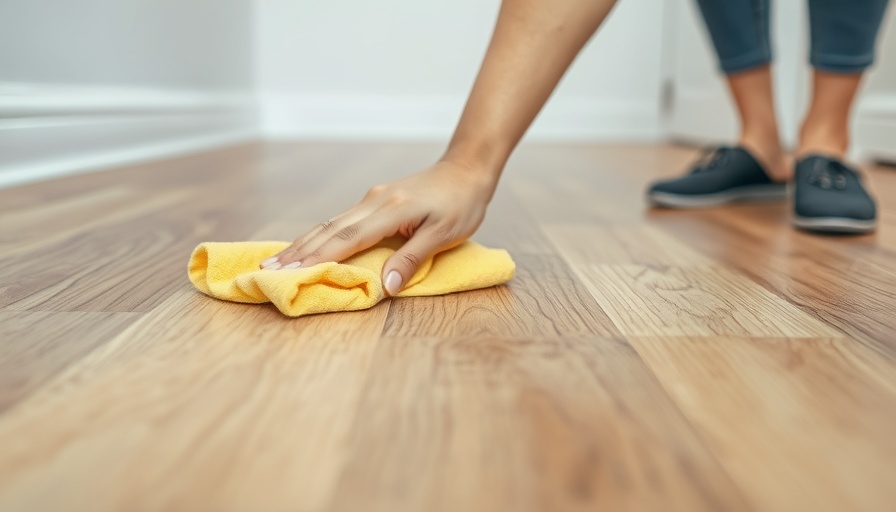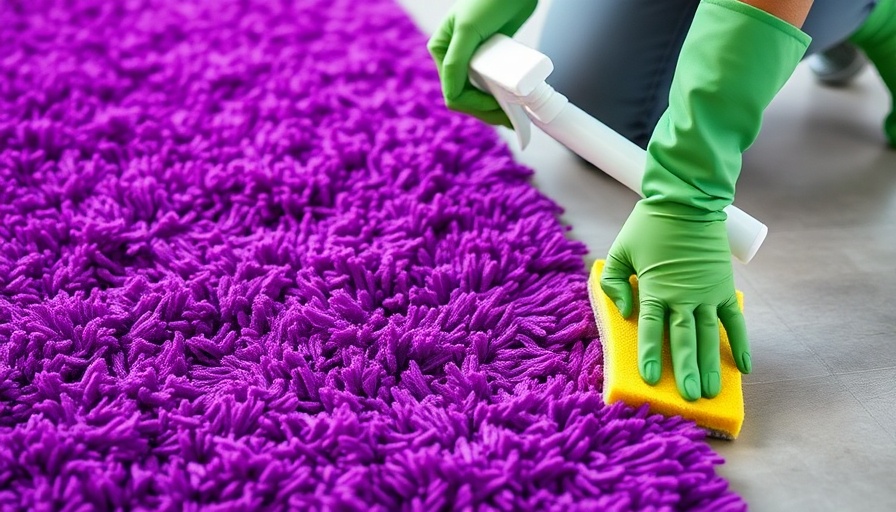
Understanding the Haze on Your Engineered Hardwood Floors
Engineered hardwood floors are a popular choice for homeowners due to their durability and stunning appearance. However, many find themselves facing a common conundrum: the dreaded haze that can mar the beauty of their beloved flooring. If you’re wondering how to remove haze from engineered hardwood floors, you’re certainly not alone. This article dives deep into the causes of floor haze and offers actionable solutions to restore your floors' original shine.
The Root Causes of Haze
The presence of a haze can often frustrate homeowners, but understanding its origins can help prevent further accumulation. The key culprits often include inappropriate cleaning solutions, excessive water, improper finishing techniques, and overuse of cleaning products.
1. Inappropriate Cleaning Solutions
A significant cause of haze is the use of the wrong cleaning agents. Many commercial cleaners, while effective on other surfaces, often contain harsh chemicals or wax that can cloud engineered hardwood. The important takeaway? Always choose products specifically designed for your flooring type. You might consider using a gentle, pH-neutral cleaner to maintain clarity and shine.
2. Excessive Water Usage
While it’s essential to clean floors, excessive moisture can lead to swelling and deterioration, resulting in a haze. Engineered hardwood is not water-resistant, so it’s crucial to limit water exposure. Instead of soaking a mop, lightly dampen it and use a microfiber cloth to keep water use to a minimum.
3. Improper Finishing Techniques
Another layer of complexity arises from how the flooring is initially treated. If the finishing coat isn’t applied correctly—say, by not waiting for previous layers to dry—it can create haze that persists long after the floor has been installed. It’s always beneficial to consult a flooring professional for this aspect to avoid any missteps.
4. Overuse of Cleaning Products
As tempting as it may be to ensure a spotless surface, overapplying cleaner can backfire and result in a cloudy film. Instead of daily applications, aim for moderation—using specialized cleaners like bona once a week can help maintain the floor's natural shine without risking buildup.
Strategies for Removal
Having understood the causes, homeowners can explore effective methods for removing haze. If you notice a haze on your engineered hardwood floors, here are some techniques you can employ:
1. Vinegar Solution
Mixing vinegar with water can create a natural cleaning solution that helps strip away cloudy residues without damaging the finish. A simple mix of one cup of vinegar in a gallon of water can work wonders.
2. Commercial Cleaning Products
There are specialized cleaners available on the market designed specifically to tackle haze on hardwood floors. These often contain anti-haze formulas that can safely eliminate cloudiness while enhancing sheen.
3. Gentle Polishing
If the haze persists, consider polishing the floor using a soft cloth with a polish specifically for engineered wood. This method smooths out the uneven surface and restores its radiant shine.
Maintaining the Shine
Once you've successfully removed the haze, preventing it from returning becomes your next priority. Regular maintenance is crucial. Implement a routine of frequent vacuuming to remove dust and debris and use protective mats in high-traffic areas to minimize wear.
Seek Professional Help
If issues persist or if you're uncertain about the causes and solutions, don’t hesitate to contact a flooring professional. Their expertise can help you save time and prevent further damage.
Conclusion
Maintaining the beauty of your engineered hardwood floors is achievable with proper care and understanding. By identifying the common causes of haze and employing recommended cleaning strategies, you can keep your floors looking spectacular. For best results, always use products designed for engineered hardwood and regularly review your cleaning techniques.
If you've learned something valuable today about how to care for your engineered hardwood floors, consider sharing this with friends and family who might also benefit!
 Add Row
Add Row  Add
Add 


Write A Comment